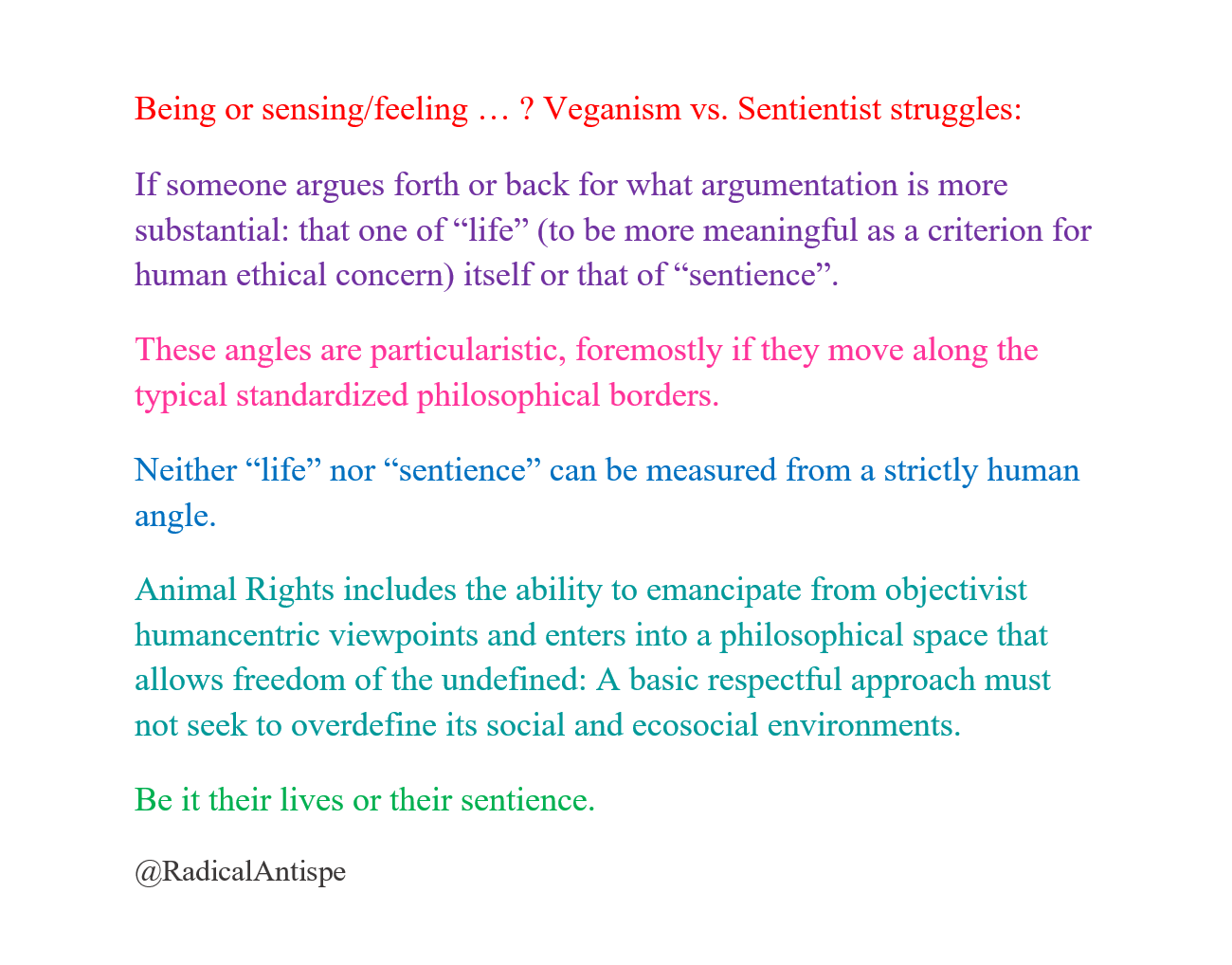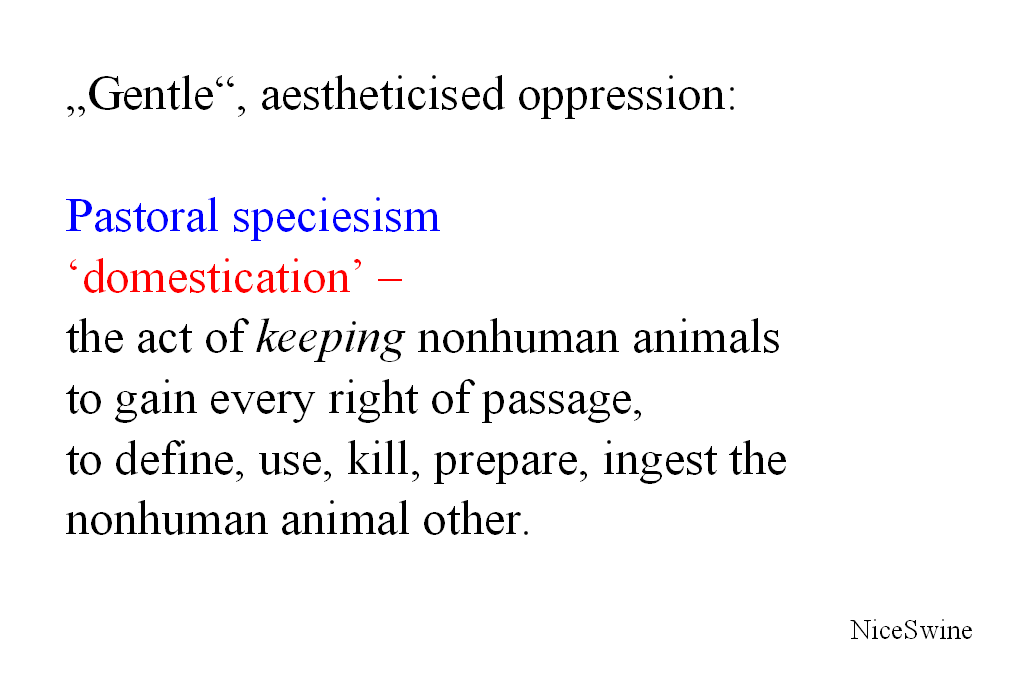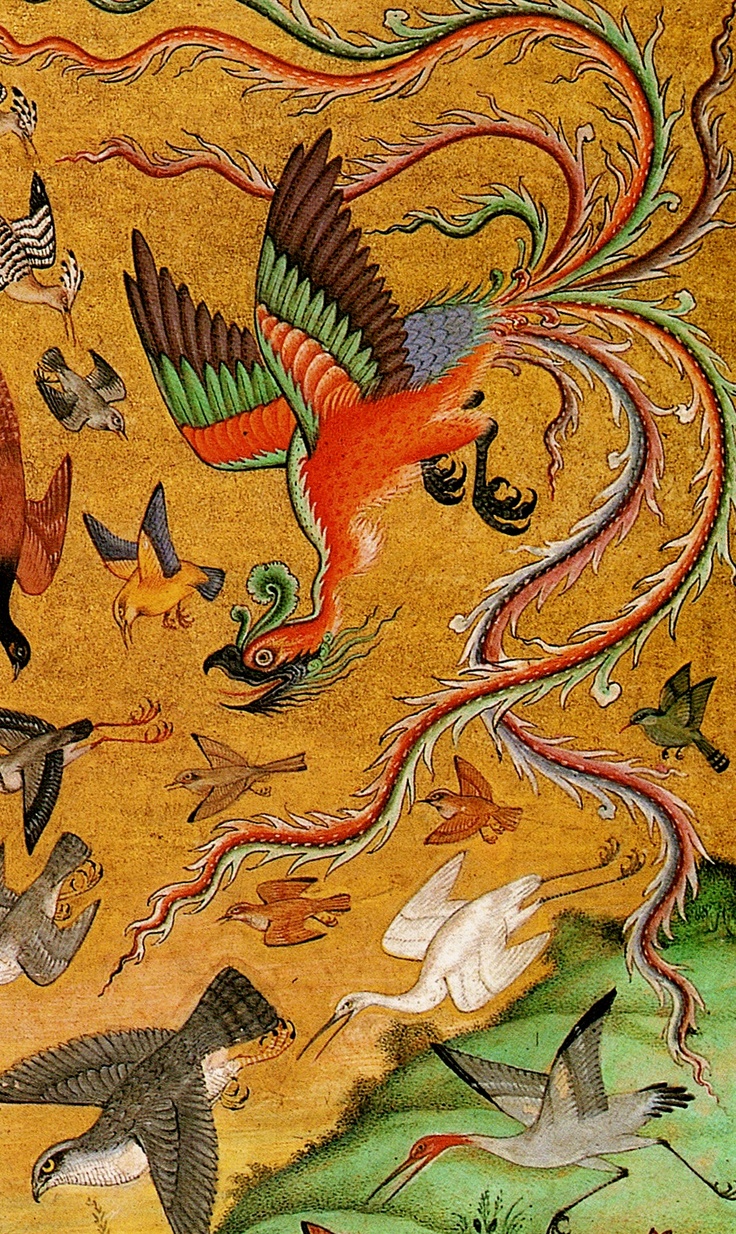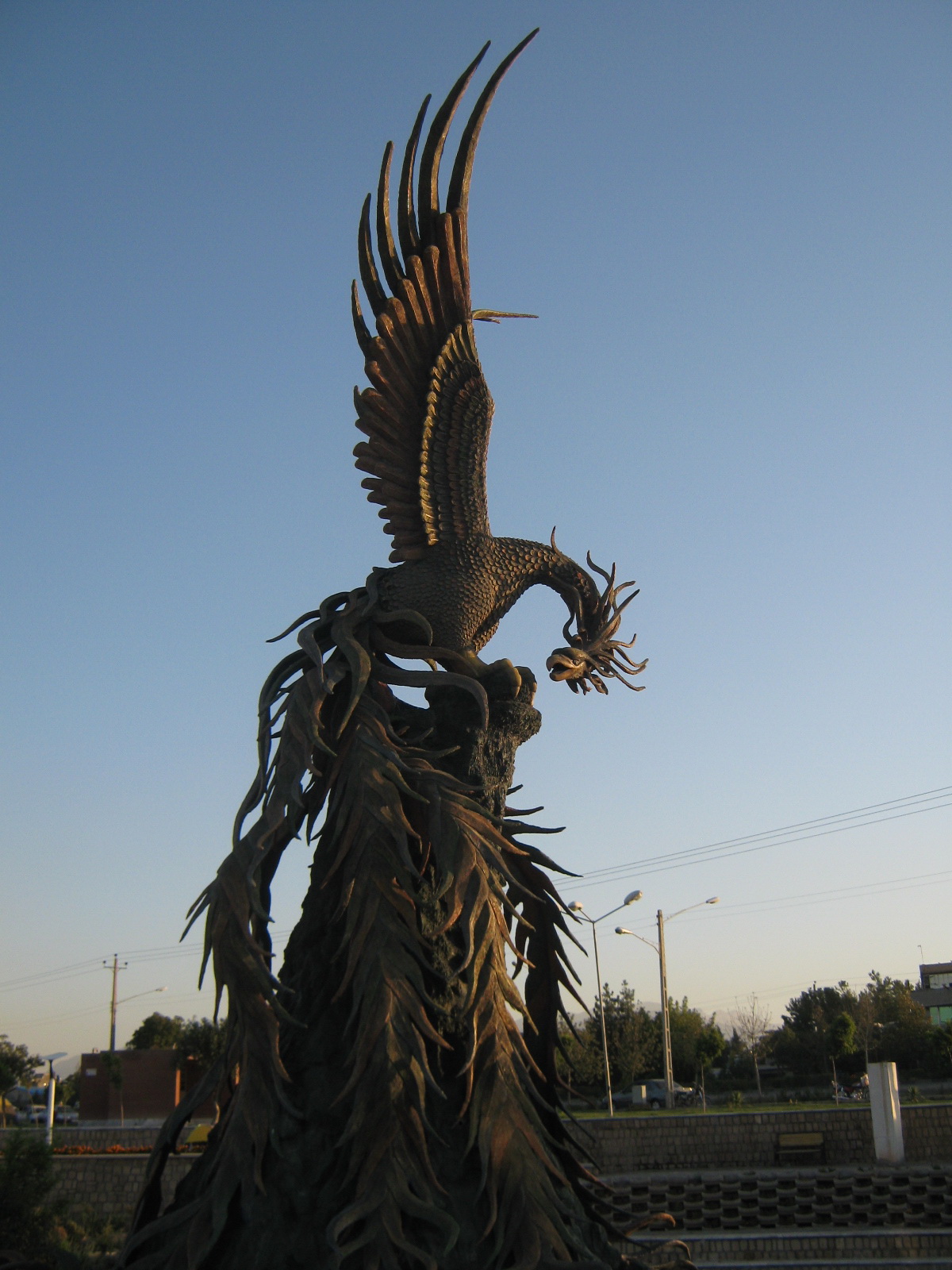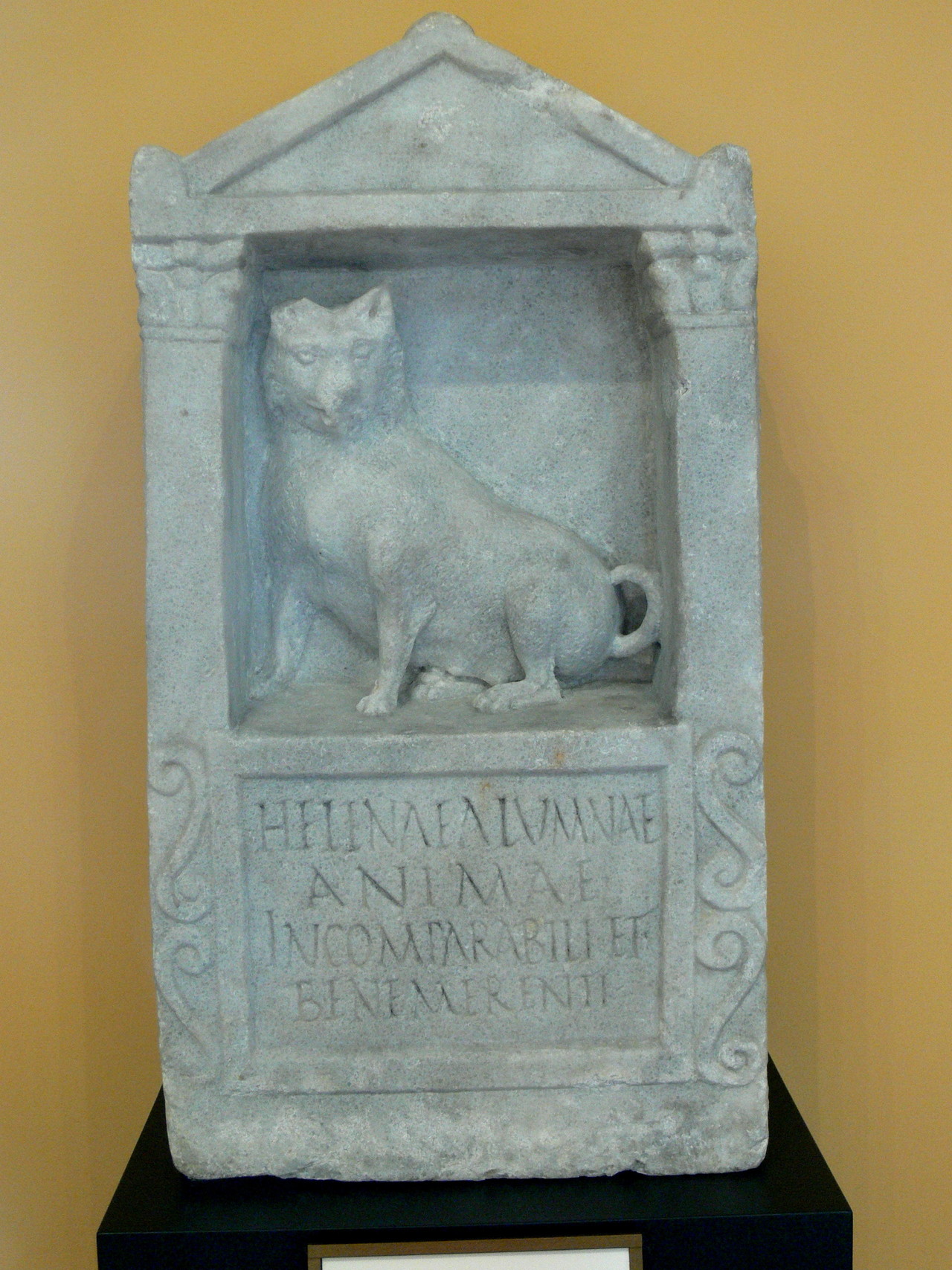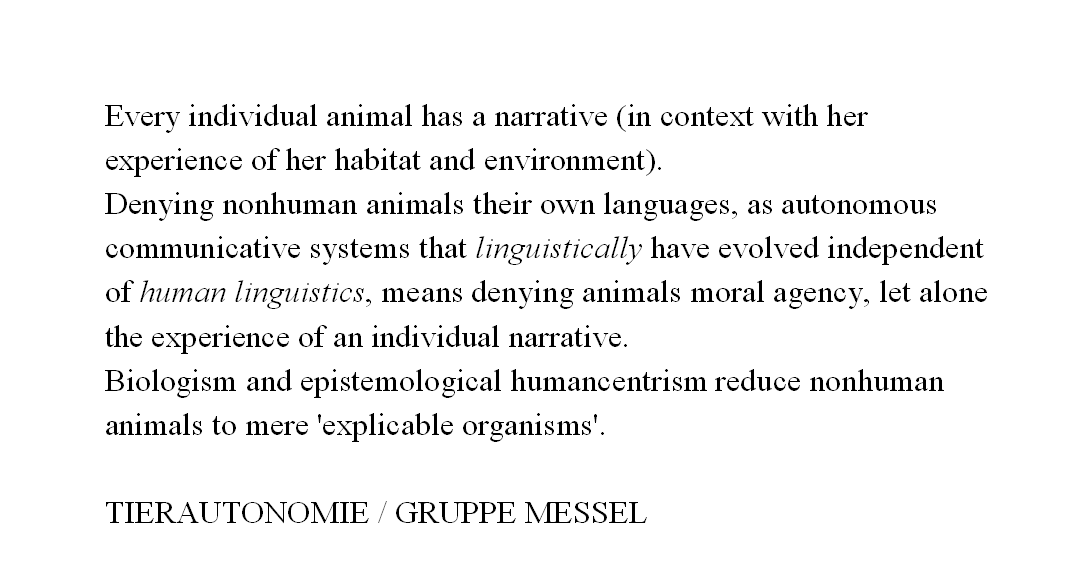Being or sensing/feeling … ? Veganism vs. Sentientist struggles:
If someone argues forth or back for what argumentation is more substantial: that one of “life” (to be more meaningful as a criterion for human ethical concern) itself or that of “sentience”.
These angles are particularistic, foremostly if they move along the typical standardized philosophical borders.
Neither “life” nor “sentience” can be measured from a strictly human angle.
Animal Rights includes the ability to emancipate from objectivist humancentric viewpoints and enters into a philosophical space that allows freedom of the undefined: A basic respectful approach must not seek to overdefine its social and ecosocial environments.
Be it their lives or their sentience.
@RadicalAntispe
